World War II veteran speaks to students and staff
Mr. Bill Hosking, World War II veteran, poses for a pic with his family.
November 18, 2015
“Volunteering is one of the most important things anyone can ever do,” said World War II veteran, Bill Hosking, age 92.
On Thursday, Nov. 12, Mr. Bill Hosking came to talk to the students, teachers, and faculty members of BPHS in the library about his personal experiences and lessons he learned during his life before and after the war.
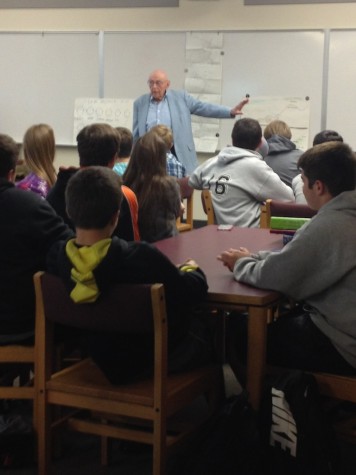
Mr. Bill Hosking, World War II veteran, speaks to students and staff about his experience during and after the war.
He currently has received two Bronze Stars for his hard work and service in the Army.
Along with Mr. Hosking coming to the school, some of his family members also came along to support him throughout his talk sessions, including his wife.
Mr. Bill Hosking volunteered to go into the service in January of 1943 and served our nation for three years. One of his jobs included looking out for the Germans constantly.
After his last talk session 9th period, Mr. Hosking was nice enough to do a one-on-one sit-down interview with Hawk Eye.
When asked to describe what war was in one sentence, he simply said, “War is hell.”
What is the one thing that you will never forget about your time serving?
“I will never forget the friendships I made, honestly.”
Did you make a number of friends throughout the war?
“Oh yes, many!” *pulls out his chart of friends* (see photo)
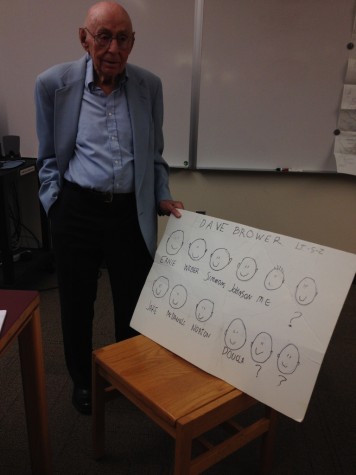
Mr. Bill Hosking, World War II veteran, poses with his chart of friends from the war.
When asked if he had any happy times with his friends through his years fighting, Mr. Hosking said, “Yeah!”
“I had this one friend that knew people in every city we visited, so when we were on pass, our friend would hook us all up with dates. It was awesome.”
What is one thing that you wish people knew about fighting in the service?
“I want people to know it’s not all about, you know, the men who serve.
“There are so many other people who contributed an enormous amount to the War, and I think many people forget all about them.”
Like who?
“(Like) the women and the men that did not serve. The women helped back home and worked as nurses for the injured soldiers and made food for us. Also the men built weapons back home.”
Were you ever in any near death situations?
“Yes, definitely. Frequently.”
Can you explain what life was like when you returned from War?
“Yes.
“For about three or four months I was not able to go into public stores because I felt like there was no shelter.
“Also, if there was ever anything that screeched, I would immediately hit the floor.”
Did what you see and lived through affect how you lived your life when you came home?
“Yes.
“After the War ended, when I came back from the service, I didn’t want anything to do with guns or anything from the War. I returned or got rid of anything that reminded me of the War.”
Why?
“(Because) I was sick of shooting people and being shot at.”
Was it hard on your family and loved ones?
“Yeah, it was very hard on my family because I knew they wanted to help.”
If you had one lesson to tell your younger generation or society itself that you learned from being in the Service, what would that one lesson be?”
“Volunteering is one of the most important things anyone can ever do.
“After the War when I was able to recover, I volunteered with the Fire Department and with Boy Scouts. I loved it.
“I also want people to know you don’t have go into the Service to help make a difference. You can make a difference in your community by volunteering.”
Mr. Hosking most certainly left an impression on the students, staff, and faculty by his talk sessions.
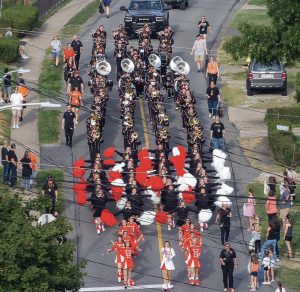
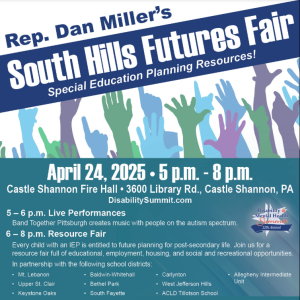
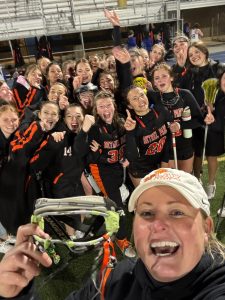

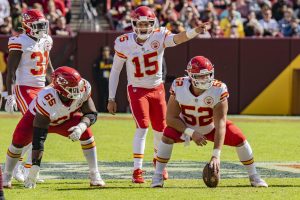
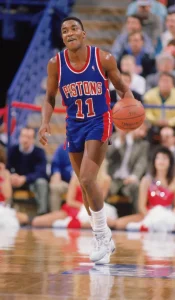
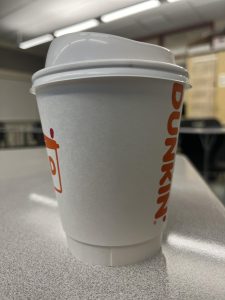


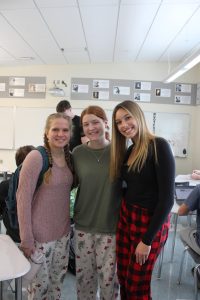
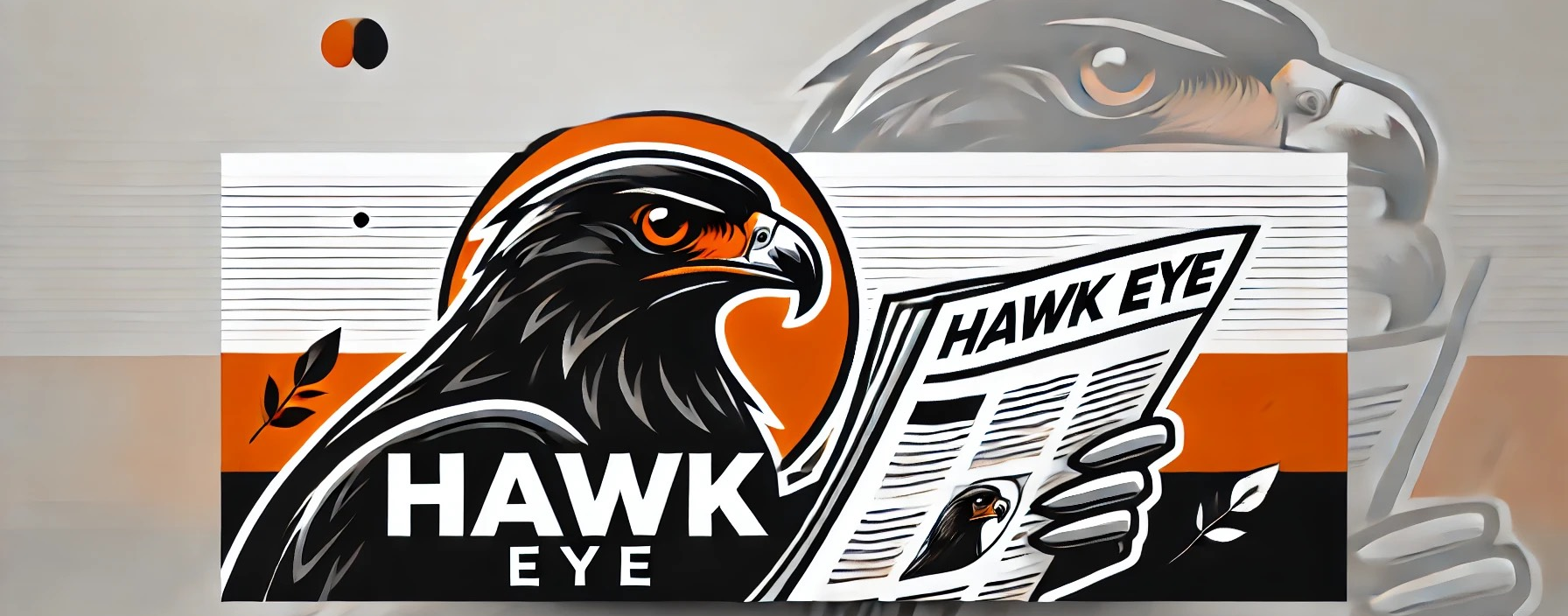

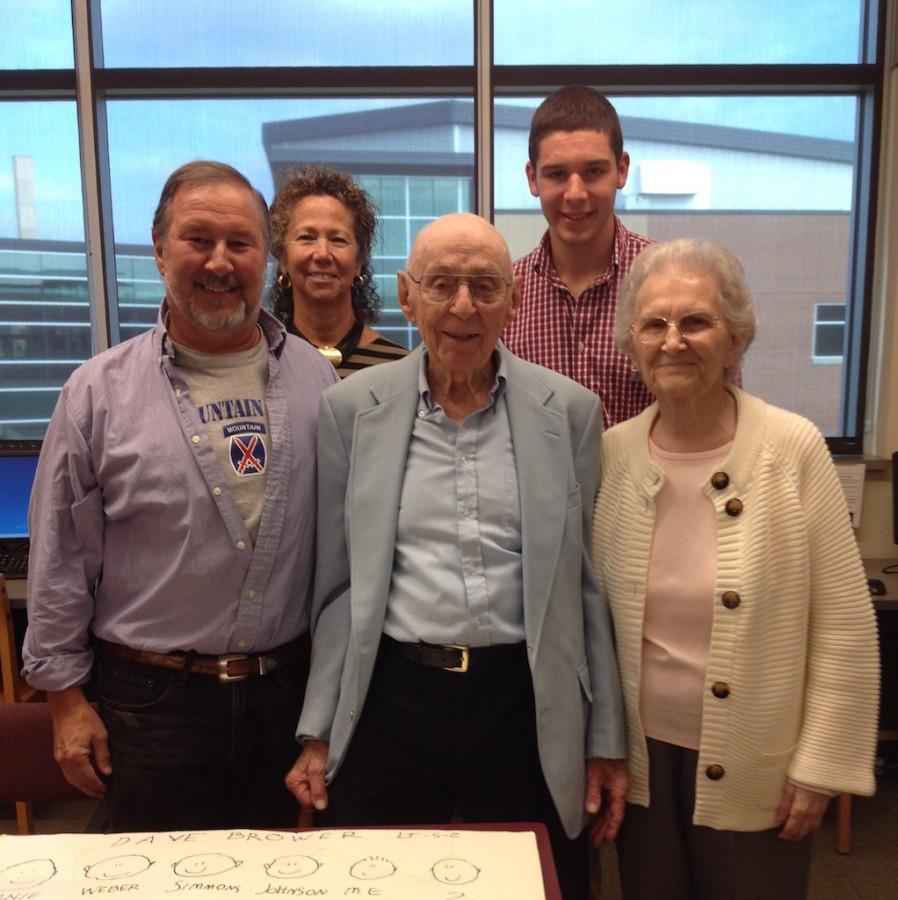
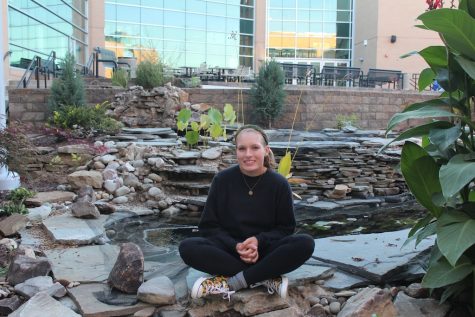

James O'Neal • Nov 18, 2015 at 11:56 am
This was very enlightening. Great thing to do!